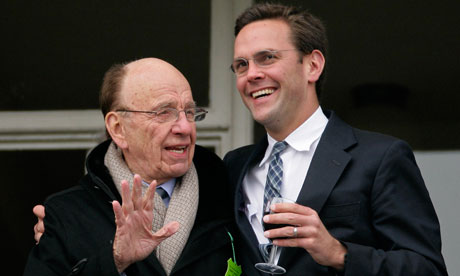Being Human, Being Reconciled (Lent 1)
 Justin Dodd
Justin Dodd  Sunday, February 26, 2012 at 03:51PM
Sunday, February 26, 2012 at 03:51PM [This is the first of the mediations used during Lent at All Saints Ealing. In place of the sermon, the congregation are invited to reflect upon a work of art from the National Gallery. The reflection is accompanied by simple meditative music. The reflection is inspired by the lectionary readings for the day and two books: Nicholas Holtam's The Art of Worship and Anne Richards' Unreconciled - Exploring mission in an imperfect world. The selection of accompanying music as well as commentary on it is provided by the Director of Music - Gina Kruger.]
Jan Gossaert, Adam and Eve, about 1520 (Courtesy of the National Gallery)

“Adam and Eve are everyman and every woman, realistic,
solid and muscular.”
Nicholas Holtam - The Art of Worship
We tend to think that there is only need for reconciliation when external forces have come into conflict. For example, one ethnic group commits violence on another or a parent disowns a child because of family shame.
But the Bible teaches us that lasting reconciliation begins in every individual. The starting point is a willingness to understand the internal rather than external forces that shape our humanity. We know that God has created us in his image (Genesis 1:26) and that he calls his creation “very good” (Genesis 1:30). However, all too soon we forget that we are the custodians and not the source of human dignity and ingenuity. Like Adam and Eve, when we turn our backs on God’s law in pride, vanity or apathy we eventually awaken into painful consciousness - our human dignity has been marred.
But the story of salvation does not end with the expulsion of humanity from paradise. That is where it begins. Likewise in Lent we are called to begin again, to start fresh with the recognition that we are fragile, fallible and incomplete without God. In short we are un-reconciled.
"Almighty God,
by the prayer and discipline of Lent
may we enter into the mystery of Christ’s sufferings,
and by following in the Way
may we come to share in the glory;
through Jesus Christ our Lord."
The Collect for Lent 1
Music Before the Service: Chorale Prelude on 'Forty Days and Forty Nights' by J.S. Bach
Music for the Reflection: Improvisation on Forty Days and Forty Nights
The original words to this hymn (18th century) have been altered through the centuries; Christ’s suffering in the wilderness was detailed in some verses which were later deemed unsuitable for public worship. This improvisation reflects a journey, beginning in darkness, and eventually giving way to redemption with the use of the major mode before returning to the hymn tune. The oboe was used by shepherds in the Middle Ages; it becomes in this case an aural symbol of solitude and restlessness.
Organ Voluntary: Postlude by Anton Bruckner (1852)
In addition to his well-known symphonies, Bruckner composed sacred music. He set Latin Masses for Catholic use and also used Luther's translation of the Bible for Psalm Settings. This work is one of the few he composed for solo organ.








